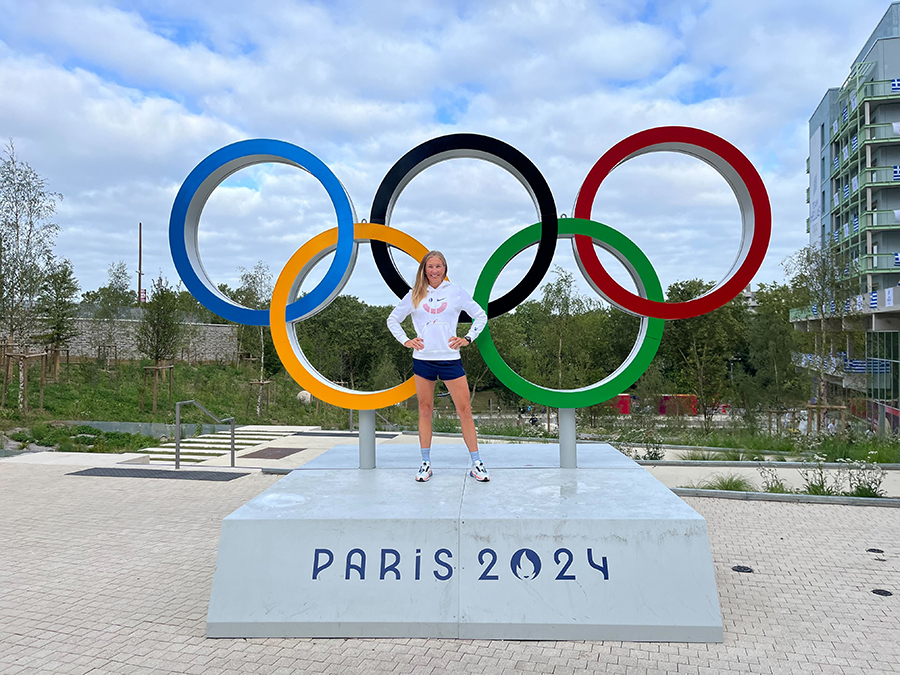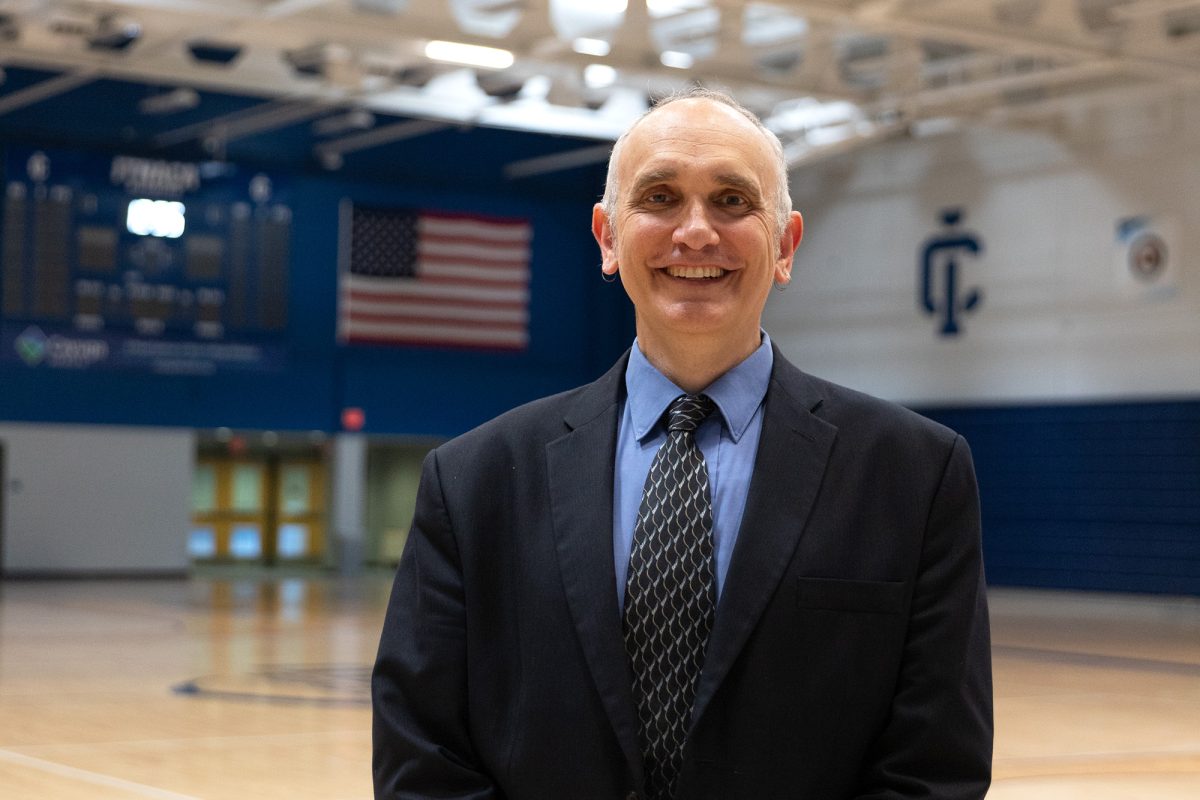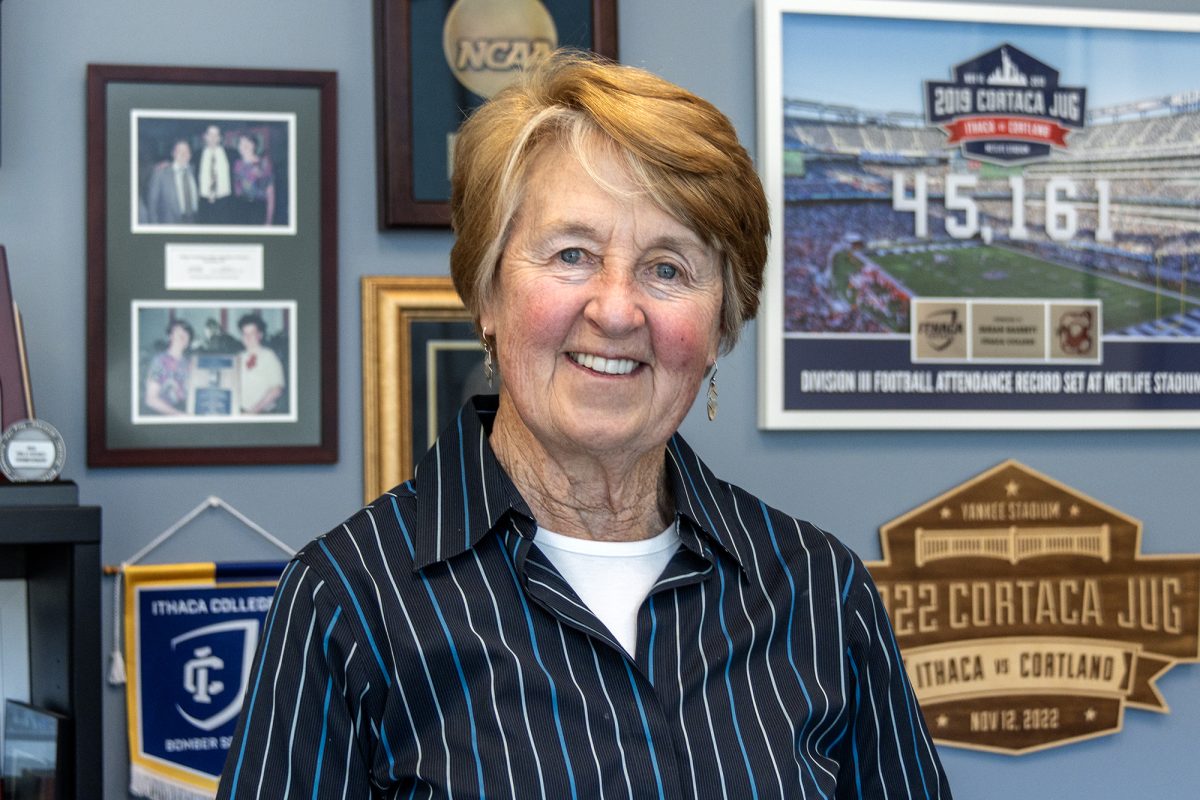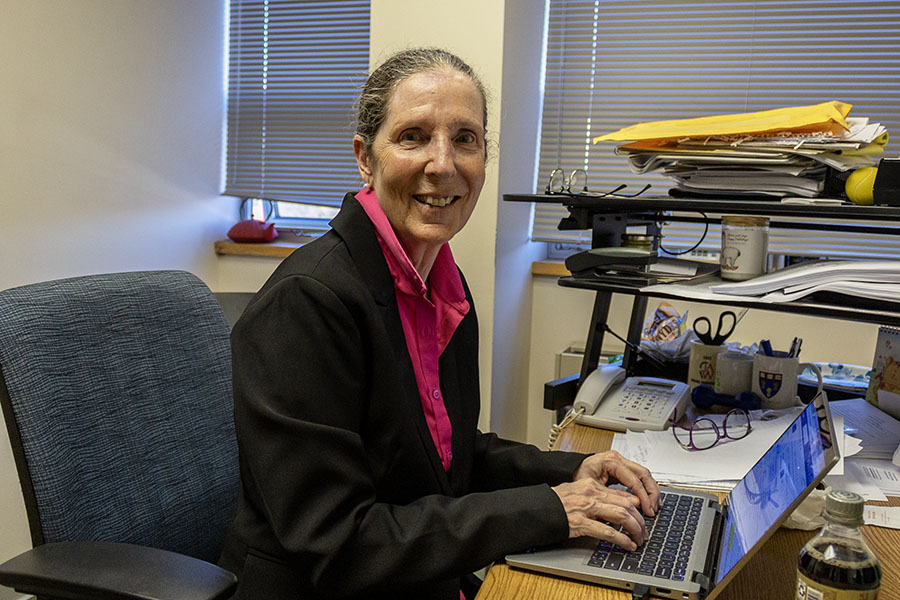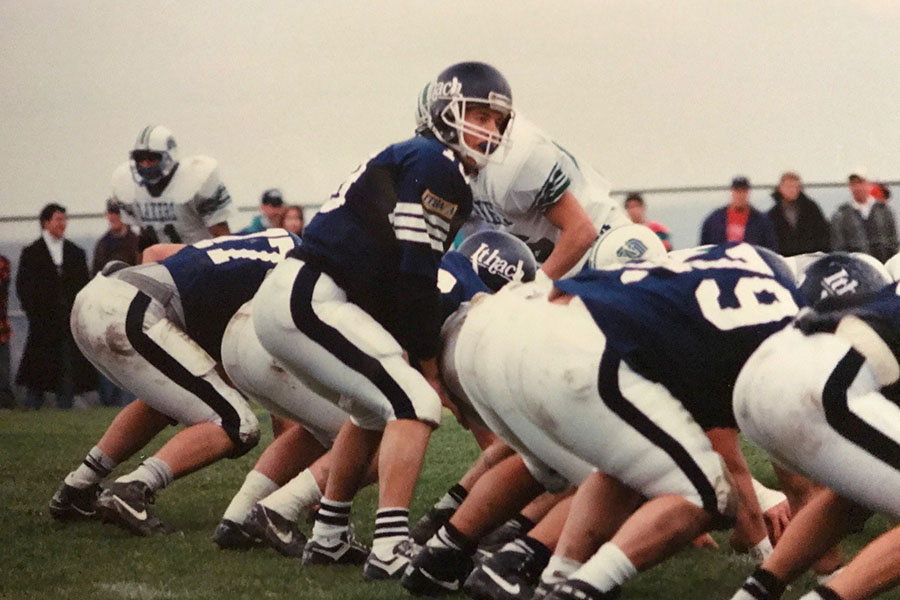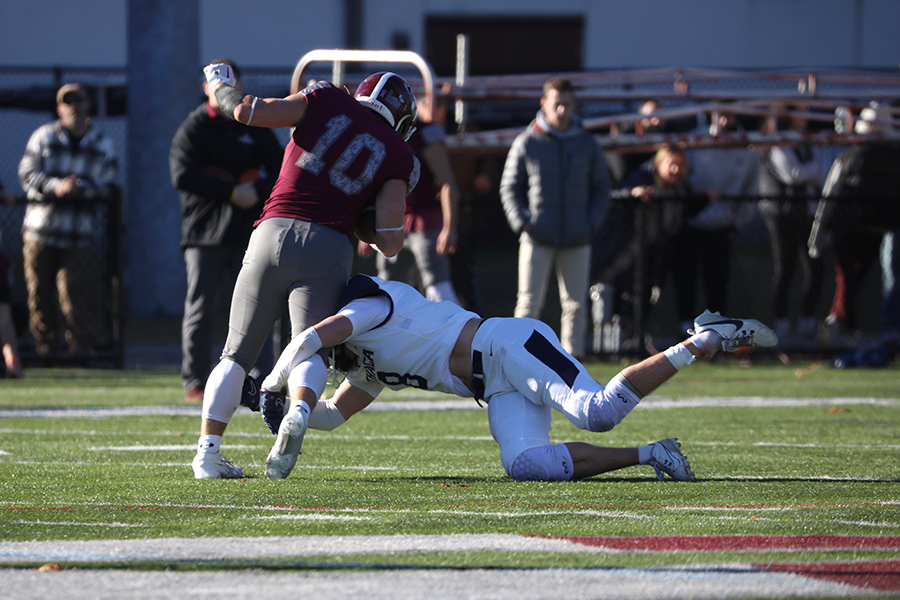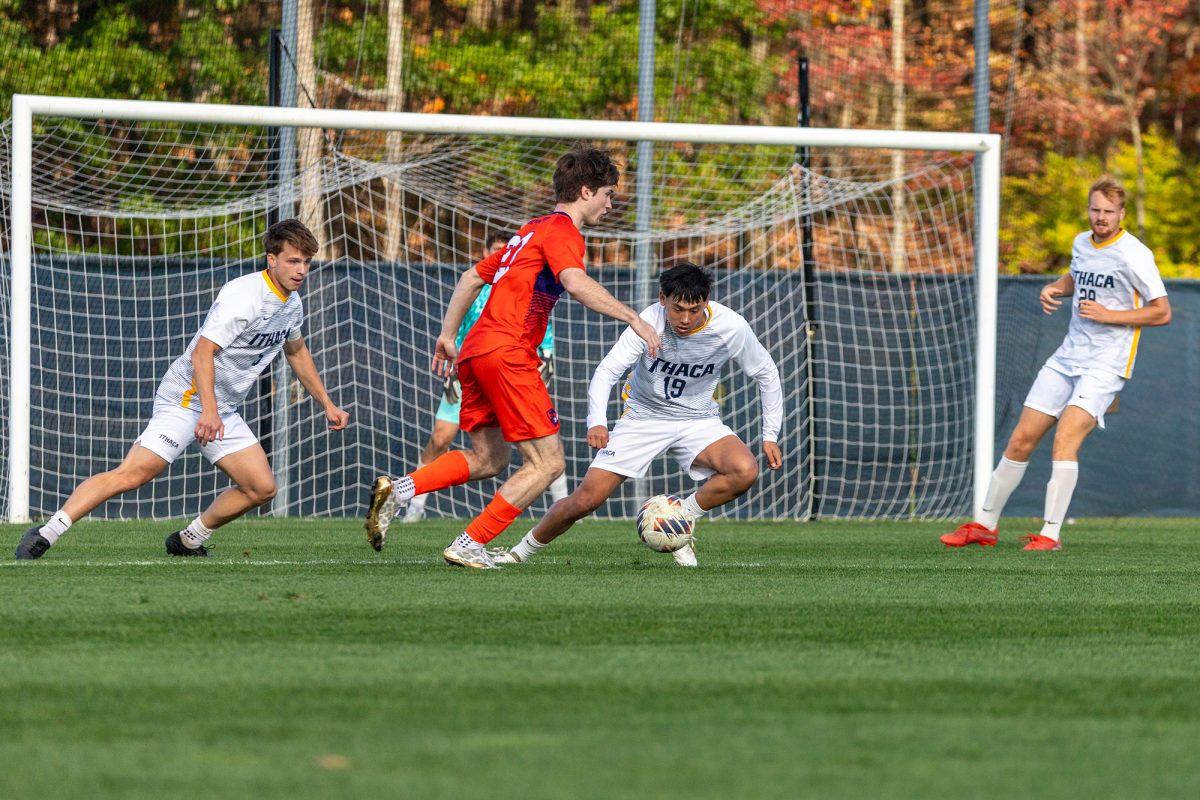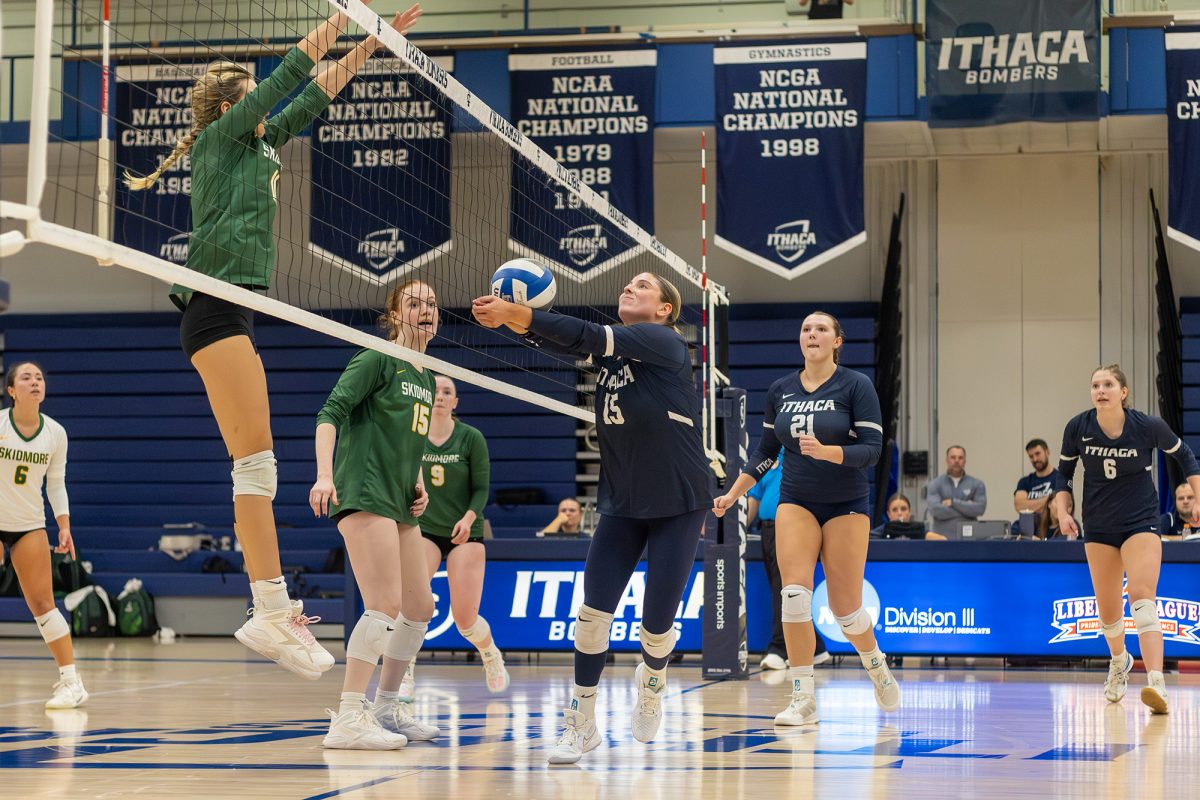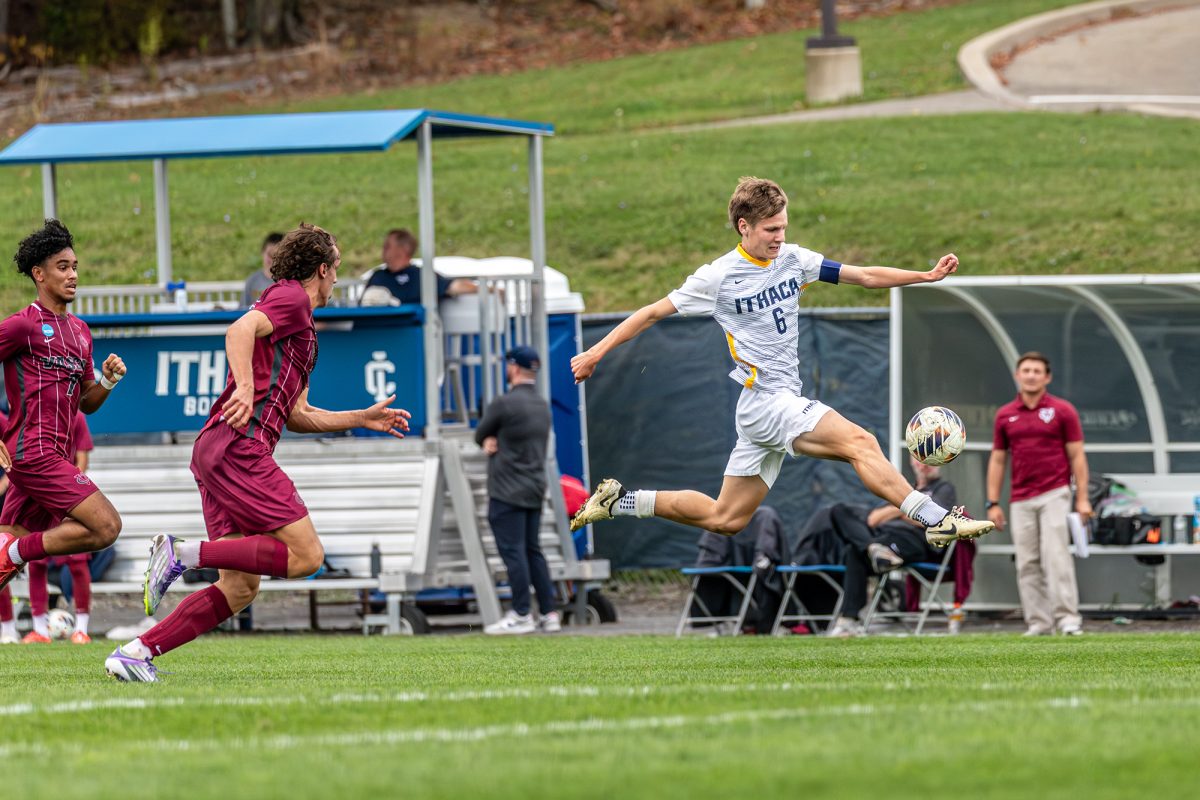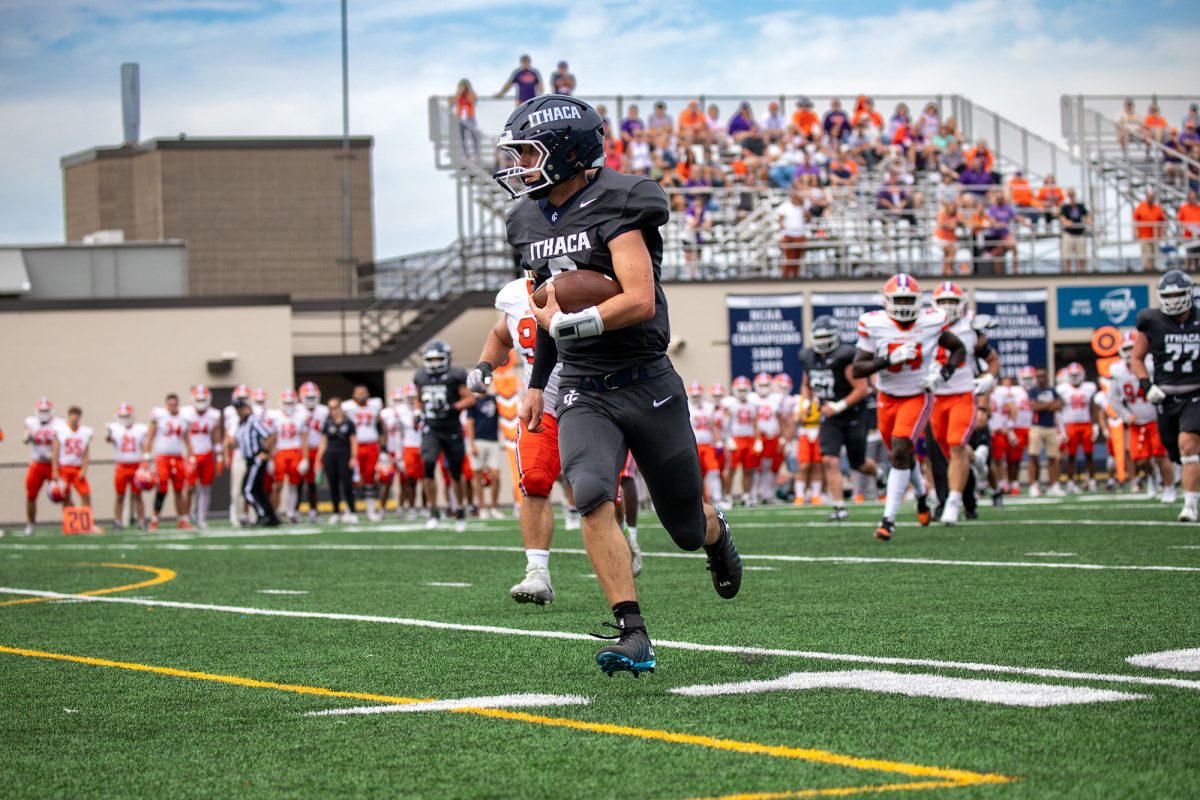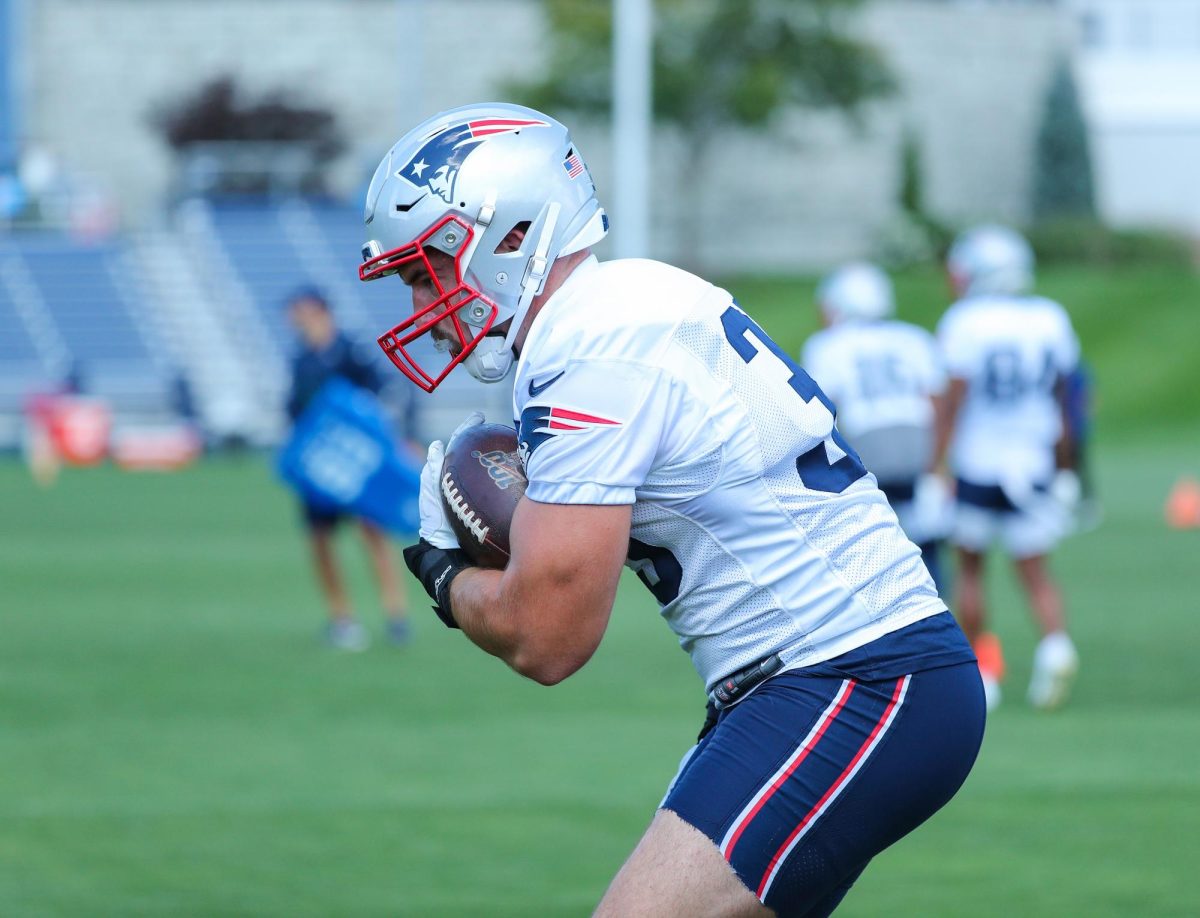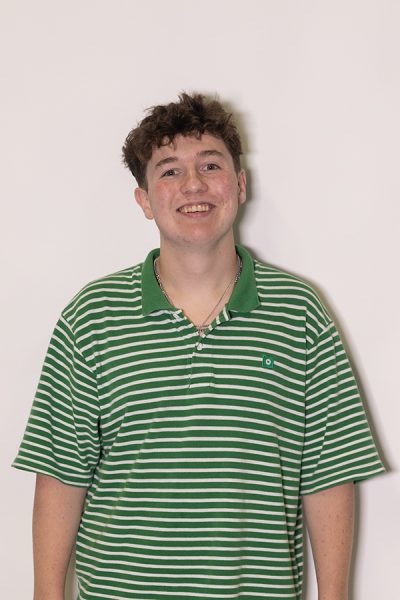During summer 2024, two-time Olympic champion Meghan Musnicki ’05 became the oldest American women rower in Olympic history by competing with the U.S. women’s eight.
In 2021, Musnicki retired after the Olympics Summer Games in Tokyo. She then moved to California, got married and worked for San Francisco tech company Equinix. However, in 2023, Musnicki placed her oars back in the water and rowed the U.S. Rowing’s 2023 Winter Speed Order with teammate Alison Rusher. Musnicki astounded everyone by rowing in the 2024 Olympic Summer Games as a 41-year-old athlete, while the average age for this year’s U.S. women’s eight is around 29.7 years old.
Sports Co-editor Flynn Hynes met with Musnicki to discuss her career, passion for rowing and future aspirations.
This interview has been edited for length and clarity.
Flynn Hynes: What drives you to keep competing at such a high level and how do you maintain your physical and mental stamina through it all?
Meghan Musnicki: Well, I love competition. I love to push my body to places that I didn’t think were previously possible and most importantly, I love to do it with a team — with a group of women that are all kind of striving for the same thing. So, it’s that drive to compete, to race, to really kind of see what you can achieve as a group, as a team, that is a lot of fun for me.
FH: Thinking back to your first Olympics, how has your perspective on rowing and competition evolved from then until now?
MM: I think it’s how I would define success and realizing that there is more than one way to be successful or to deem a race successful. Sometimes a successful race does not always result in a win. It’s just dependent upon the crew that you’re in and where the starting point of where you guys were and what you have set out for yourselves to achieve as a boat in the end. Obviously, everybody wants to win all the time, but that’s just not possible in athletics, as we know.
FH: What aspects of professional racing are you going to miss the most?
MM: A lot of it, actually. It’s a special bond that you have with the women that you train with day in and day out [for] basically 350 days a year probably, multiple times a day. …. And then I love the physical side of it, so I’ll miss that aspect of it and I’ll miss racing, I’ll miss competing and pushing my limits and seeing how far I can take something. There’s all different facets that go into what I’ll miss and I’m very grateful for the opportunity to have competed at this level for so long.
FH: As the most experienced member on this year’s women’s eight, how do you approach mentoring the younger rowers?
MM: You don’t really think about it. I just kind of do me. Most good leaders, you don’t really talk a lot about it, you just lead by example and that’s kind of how I like to do things. They’re my teammates, right. I need them as much as they need me. … I can’t do what I do without them. And if they can learn something from me, that’s awesome because I know that I learn a variety of different things from them as being younger, fresh eyes, [with] different approaches to things, so it’s kind of a give and take. But I would say primarily I lead by example in how I conduct my everyday life, how I approach training, how I approach recovery [and] how I approach racing. When I was coming up through the team initially, that’s what I did. I looked to the athletes that were more experienced and more successful than me and I tried to identify what it was that they did on a daily basis that allowed them to be as successful as they were and I tried to emulate that.
FH: What was the most challenging aspect of coming out of retirement to compete again and how did you mentally prepare for this new chapter?
MM: I would say the most challenging part of coming out of retirement is always to rejoin with the group. Just because I’m not on the team, the team doesn’t stop. … A team is like a living organism. It’s constantly evolving and forming and shaping itself into its own identity.
FH: What’s next for your post-rowing life and what goals and aspirations do you have?
MM: Right now, I’m just trying to decompress from having been away from my home for eight months, you know, enjoying time back at my house with my cats, with my husband, and obviously next on the list of things to do is to find a job and continue to live and experience life with my friends and my family.
FH: Lastly, how do you hope to be remembered within the rowing community?
MM: I hope to be remembered in the rowing community as an extremely hard worker and a good teammate.


